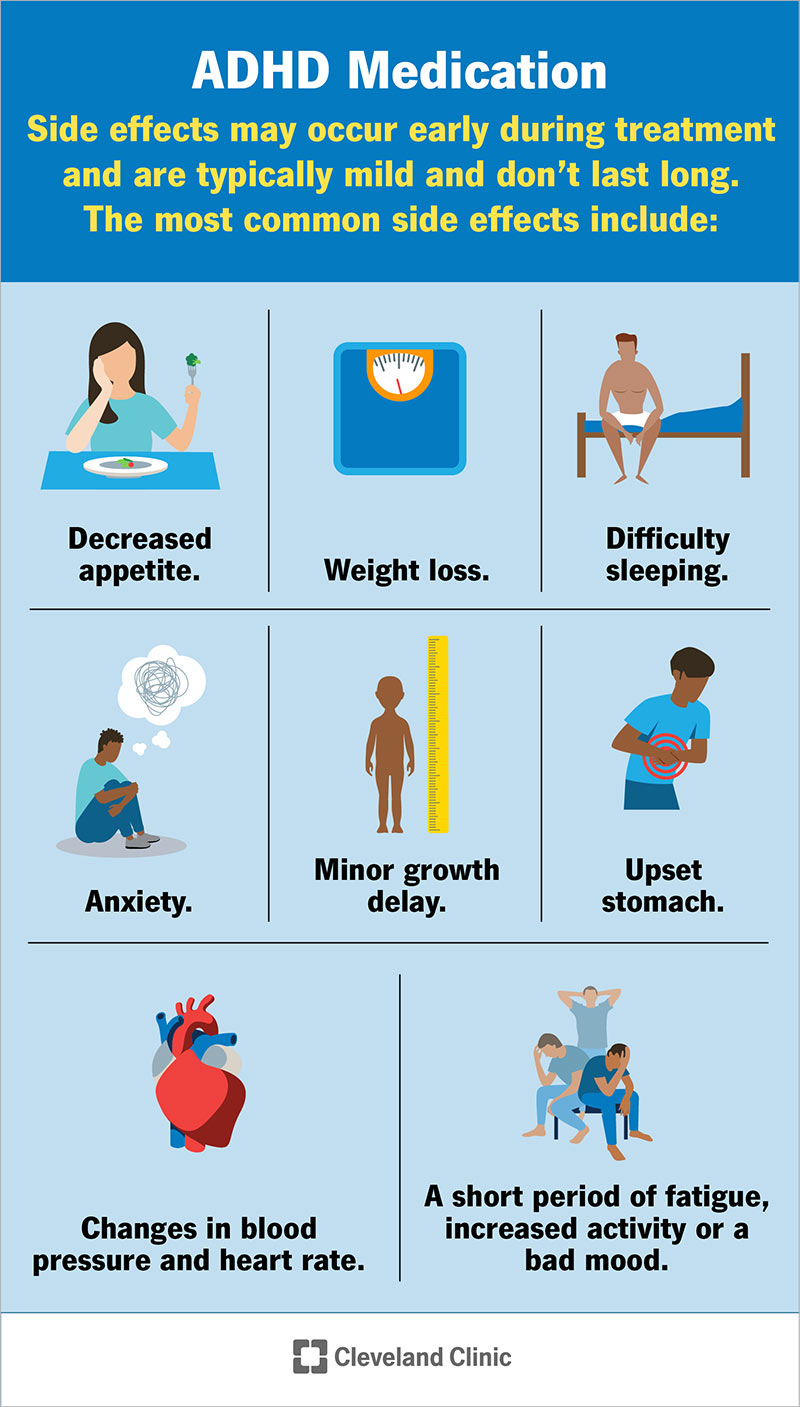The Advantages of Tailored ADHD Treatment Plans for Better Results
The application of personalized ADHD treatment plans has emerged as a critical strategy in improving restorative outcomes for people affected by this problem (ADHD treatment). By recognizing the one-of-a-kind indications of ADHD in each individual, these personalized interventions advertise higher engagement and inspiration, inevitably leading to much more reliable coping techniques.
Recognizing ADHD Irregularity
Although Attention-Deficit/Hyperactivity Disorder (ADHD) is typically perceived as a single condition, its indications can vary substantially among individuals. Gender distinctions likewise play a function, as men are more regularly diagnosed with ADHD and commonly display extra obvious signs and symptoms, whereas ladies might provide with less evident inattentiveness.
Furthermore, individuals with ADHD might experience a range of emotional and behavior challenges, such as anxiety or opposite defiance, that can make complex medical diagnosis and treatment. It is also worth noting that ADHD can offer in different ways throughout various social contexts, influencing how signs are acknowledged and addressed.
Secret Parts of Personalization
Personalized ADHD therapy strategies are grounded in several vital components that make sure efficient monitoring of the condition. Initially, a detailed assessment is important, including standard score ranges, meetings, and behavioral observations. This detailed analysis permits medical professionals to comprehend the person's unique signs and symptoms, strengths, and challenges.
Second, the participation of multiple stakeholders, including moms and dads, teachers, and the person, adds to an alternative sight of the individual's requirements. Cooperation cultivates a helpful setting that can adapt to the person's context and way of living.
Third, treatment strategies must be adaptable and adaptable, enabling for modifications based upon continuous responses and the person's developing needs. This versatility makes it possible for the combination of different therapeutic methods, such as behavioral treatments, psychoeducation, and drug administration.
In addition, social and contextual variables must be considered. Identifying the person's background, values, and preferences makes sure that the treatment is pertinent and respectful.
Lastly, regular follow-ups and evaluations are necessary to keep an eye on progression and make needed changes. By focusing on these crucial parts, customized ADHD treatment plans can significantly improve the performance of interventions, bring about boosted outcomes for individuals with ADHD.
Enhanced Involvement and Inspiration
To effectively promote boosted involvement and inspiration in people with ADHD, it is important to incorporate strategies that resonate with their passions and staminas. Customized therapy strategies that straighten with a person's passions this can cause boosted participation in healing activities, cultivating a sense of ownership and enthusiasm for the procedure.
Making use of interactive and imaginative methods can likewise considerably enhance motivation. Including gamification elements or real-world applications of skills can make tasks more appealing and pertinent. This not only records focus yet additionally reinforces finding out through pleasurable experiences.
Moreover, establishing attainable and meaningful goals tailored to the person can bolster motivation. When individuals see their development in the direction of directly considerable objectives, they are more likely to continue to be involved. Normal feedback and acknowledgment of accomplishments you could check here can additionally endure motivation, producing a favorable comments loophole that motivates ongoing effort.
Finally, promoting a supportive setting where people really feel understood and valued can significantly impact their involvement degrees. When treatment plans are established collaboratively, incorporating input from the person, they are most likely to feel spent in their trip, ultimately resulting in boosted outcomes in managing ADHD.
Improved Coping Strategies
Developing boosted dealing strategies is vital for people with ADHD, as it equips them with reliable tools to navigate daily difficulties. A tailored treatment plan enables the identification of certain coping mechanisms customized to the individual's one-of-a-kind needs and circumstances - ADHD treatment. Techniques such as mindfulness, time management skills, and organizational approaches can be incorporated right into everyday regimens, promoting a sense of control and lowering anxiety
Mindfulness practices, consisting of reflection and deep-breathing workouts, assistance people with ADHD focus their interest and control their feelings. Time management strategies, such as utilizing timers or damaging tasks into smaller sized, workable steps, can mitigate feelings of bewilder. Furthermore, business tools like coordinators and checklists can boost performance and accountability.
Long-term Favorable Results
Carrying out individualized ADHD therapy strategies can result in substantial long-term positive end results for individuals. These tailored methods, which take into consideration unique symptoms, choices, and life conditions, promote much more efficient monitoring of ADHD signs and symptoms over time. By concentrating on the specific needs of the individual, these strategies enhance adherence to therapy protocols and foster greater engagement in original site restorative tasks.

Moreover, customized treatment plans can significantly decrease the danger of comorbid conditions, such as stress and anxiety and clinical depression, which are often related to ADHD. Early intervention and regular assistance assistance people develop resilience and coping methods, promoting total mental wellness.
Inevitably, the long-lasting favorable outcomes of individualized ADHD therapy intends not only enhance the top quality of life for people but also add to their total health and success in various life domains. This holistic method emphasizes the significance of customized care in handling ADHD successfully.
Conclusion
